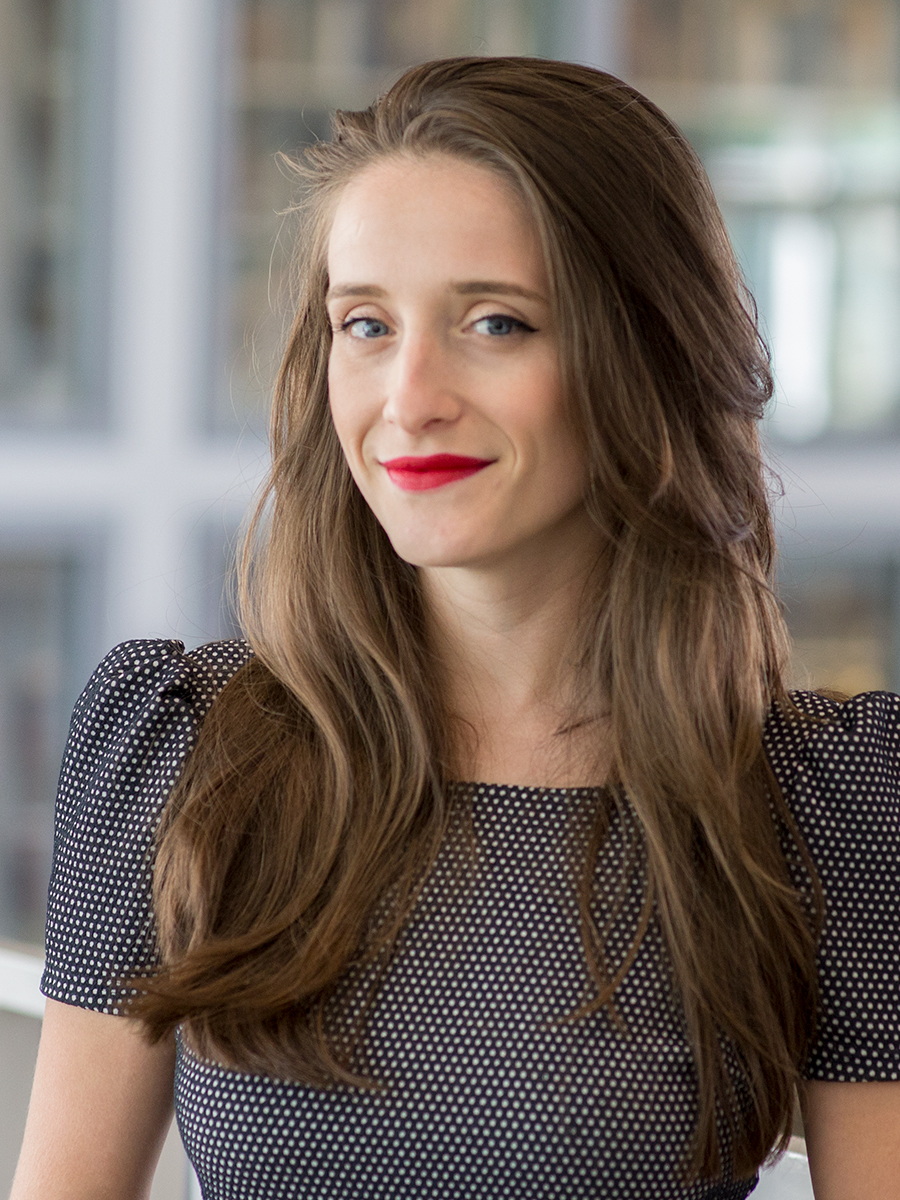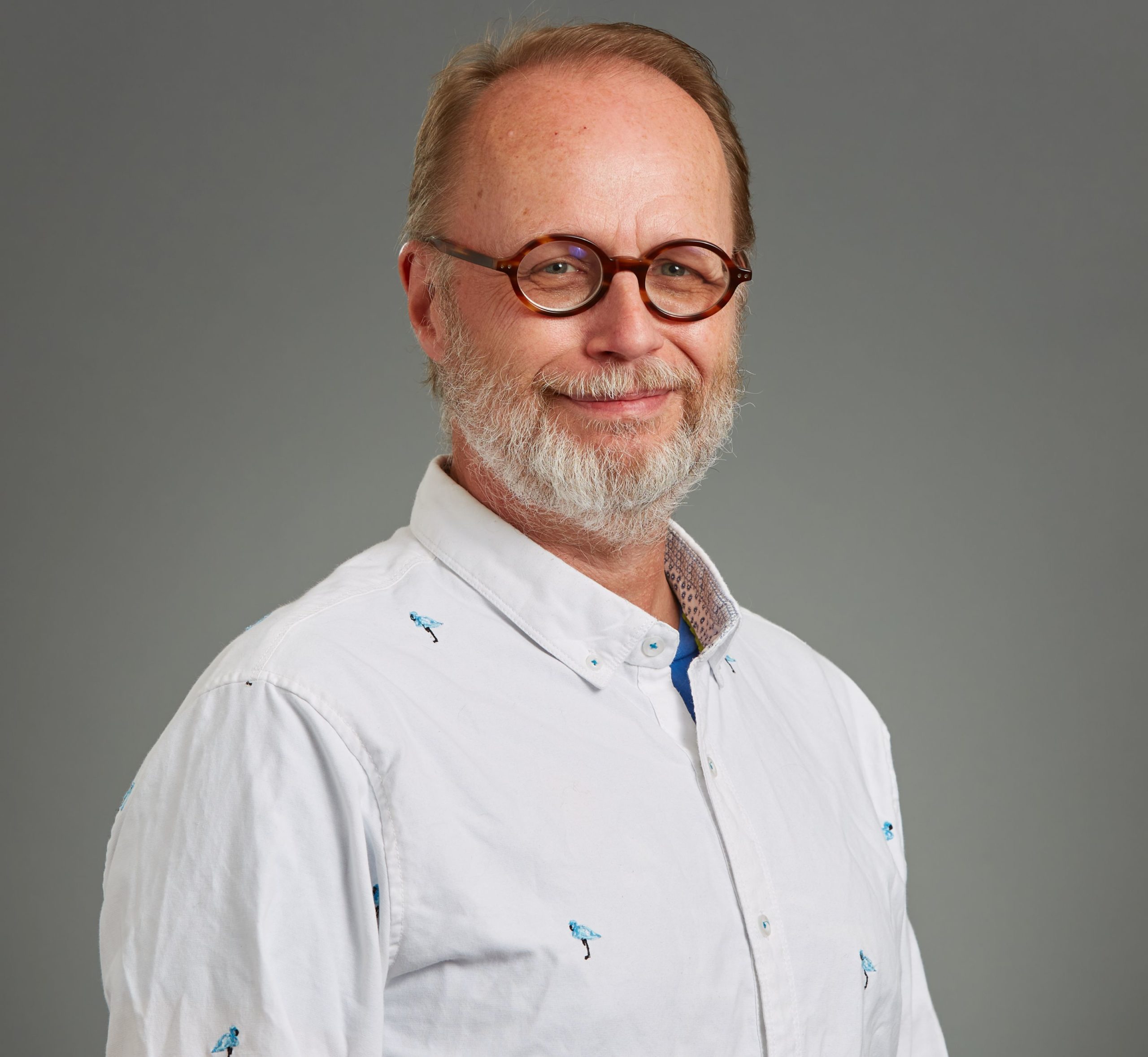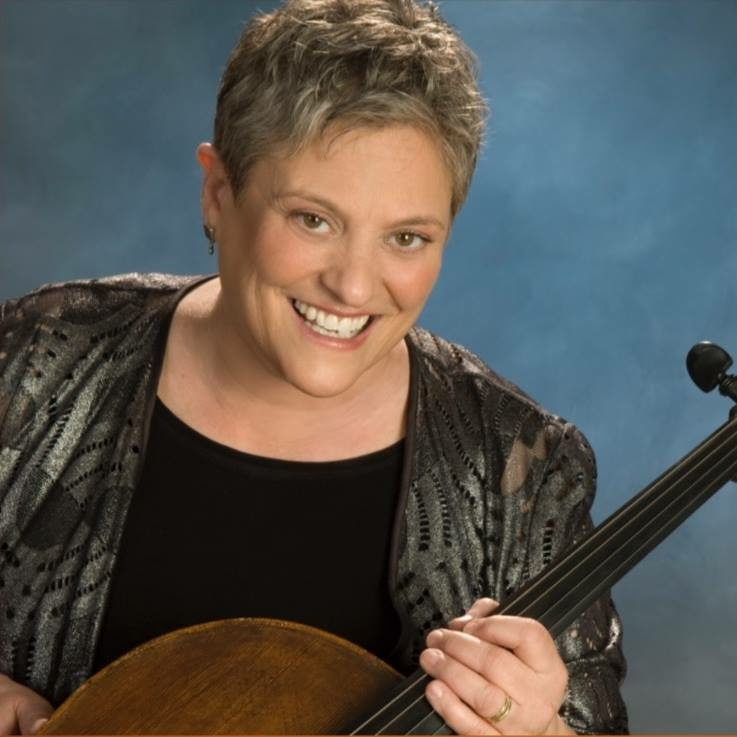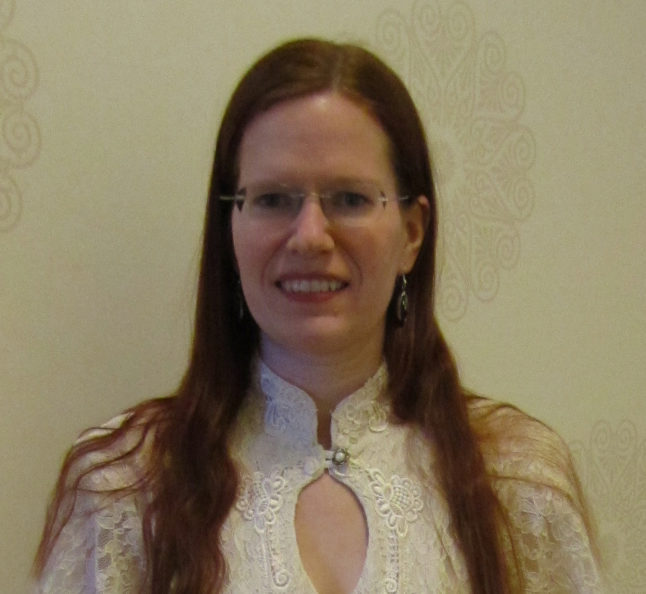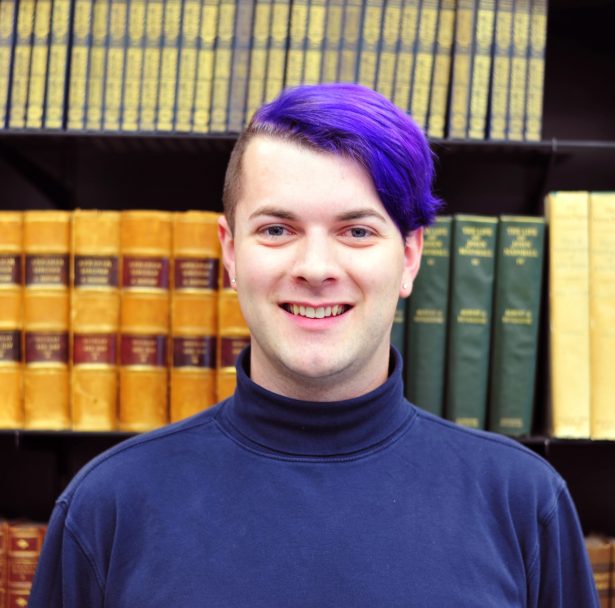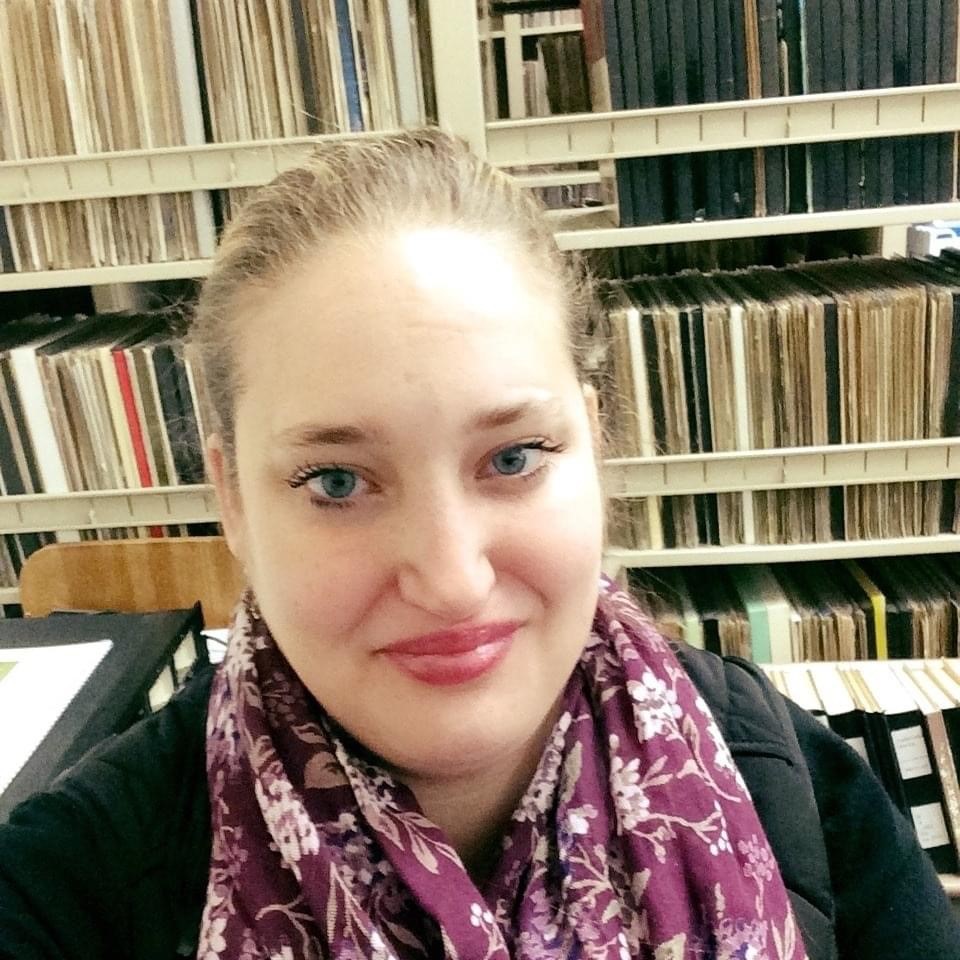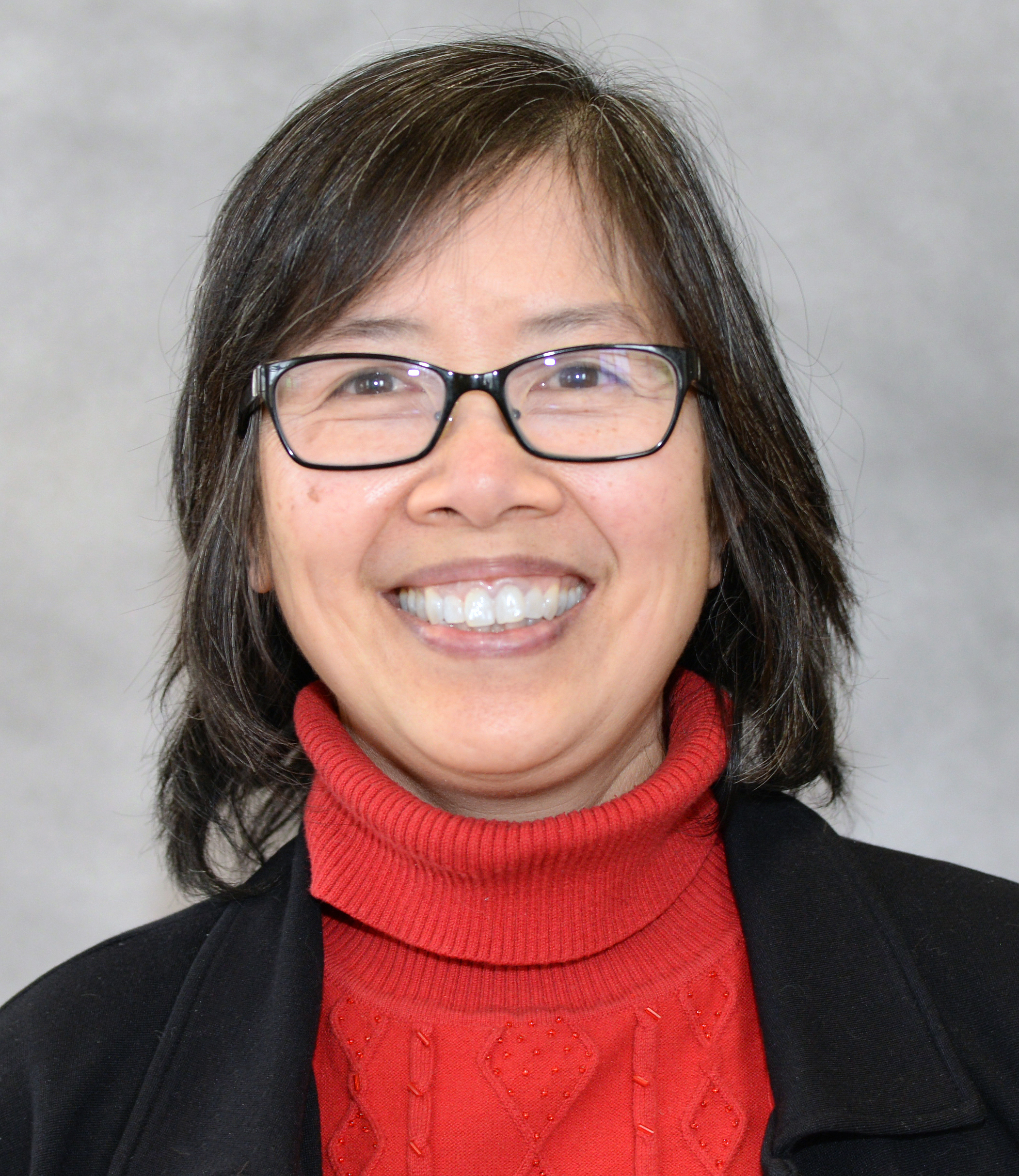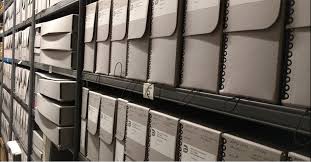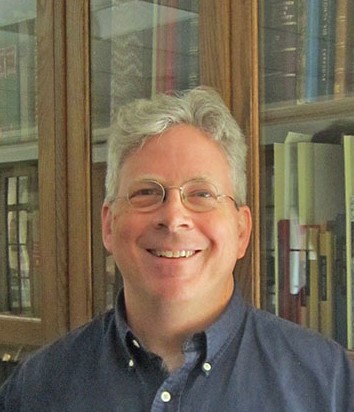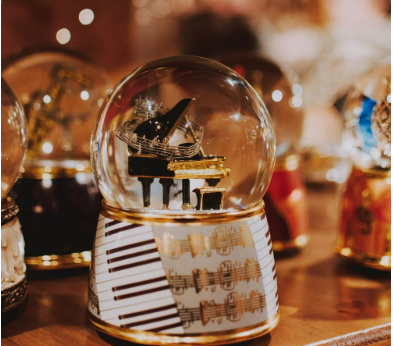
Table of Contents
Message from the Chair
Summary of the Fall 2022 Meeting
Noteworthy News
— MLA and SUCHO
— Bennett Konesni
NEMLA Officers
Publication Information
**************************************************
Message from the Chair
Dear NEMLA,
Thank you all for your participation in our virtual meeting in November. The decision to pivot our in-person meeting to the online format was a difficult one after so much time apart, but I’ve heard from many of you that the conversation was constructive and useful. The pandemic has forced us to shift our thinking about how to fulfill the mission of our organization and I am grateful to everyone who contributed their ideas for moving us forward.
The board is working on several projects to that end. First, we are drafting a by-laws change which would require that at least one business meeting each year should be held virtually. This change would allow greater participation for members who are unable to attend meetings in person and make the most efficient use of our in-person events. Look for more details about this change, which will be distributed via the NEMLA email list in the coming months. Second, we will be holding several meetings to do the highly glamorous work of cleaning up the NEMLA virtual archive. Once this has happened, the transition of records to each crop of incoming officers will be much easier on the Webmaster. Third, we will begin a new practice of posting the NEMLA annual reports to our NEMLA website. Although the annual reports are on MLA’s website, we want our goals for the year to be front and center for our members on our chapter website. This page will give us a way to see the work of our chapter over time and to hold ourselves accountable to the membership.
Lastly, I want to acknowledge the work of Emily Levine, who served as NEMLA Archivist for the past few years. She managed a move of our materials to the Boston Public Library, in addition to being a very active voice on the NEMLA board during this transition. Emily has moved away from New England and her presence in our chapter will be greatly missed. The NEMLA Archivist position is currently vacant. If you are interested in volunteering for the role, please contact me via email.
Sincerely,
Memory Apata
NEMLA Chair
Music & Performing Arts Librarian | Dartmouth College
Summary of the Fall 2022 Meeting
Introduction
Terry Simpkins, the Chair of NEMLA’s Program Committee, facilitated NEMLA’s community meeting via Zoom, on Friday, November 4, 2022 from 10:00 am – 11:35 am EST. Approximately thirty to thirty-two members attended. This meeting enabled the NEMLA community to come together and discuss a series of prompts, which Terry had devised from a survey he sent to the membership a week and a half prior. The first portion of the meeting opened the floor for comments and concerns about attending conference meetings and presenting. Another component of the discussion pertained to brainstorming sustainable ideas for developing presentation content that is both resourceful and interesting to as many people as possible throughout the membership. The final component discussed during the second portion of the meeting, which remains to be resolved, regards the frequency and format to hold future conference meetings. A change in format and frequency–-whether there will be one or two meetings per year and if they will be in-person, hybrid, or virtual–would require a change to the NEMLA by-laws.
Preliminary Survey Results
Terry began the meeting by displaying the survey results and highlighting some key elements, including:
- The frequency and format of NEMLA meetings
- Meeting content and most popular event types
- Critical concerns presenters have about presenting
- How the NEMLA Board and Program Committee can best encourage and support presenters in the preparation and submission processes of presentations
Twenty-nine responses accumulated, making up about 40% of the membership according to NEMLA’s president, Memory Apata. According to the frequency of meetings per year–as illustrated in the survey results–shown in figure 1 below (courtesy of Terry), twenty of the twenty-nine members indicated they prefer to attend one meeting per year.
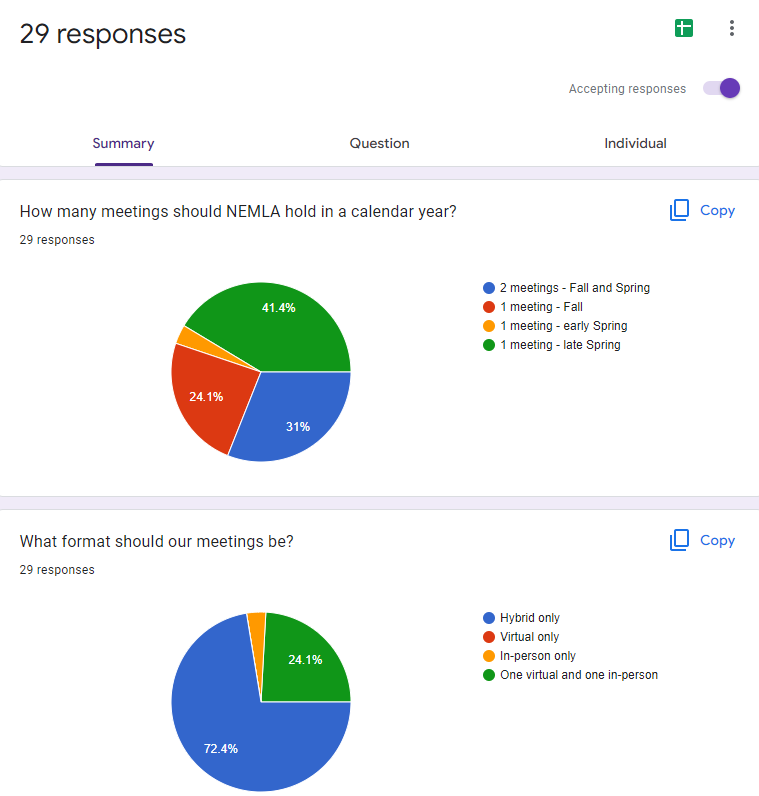
Twelve of those twenty responses indicated preference for a hybrid Spring meeting, while the other nine responses prefer the two-meetings per year format; seven of those nine responses prefer one virtual meeting and one in-person meeting per year.
Figure 2 below (courtesy of Terry), shows response rates for what types of events should be presented at conference meetings, as well as a few major concerns individuals have when it comes to presenting material. However, the majority of responses relating to types of events are in favor of full-length programs throughout the day, rapid lightning talks, NEMLA business and committee meeting work updates, and the ability to network with colleagues.
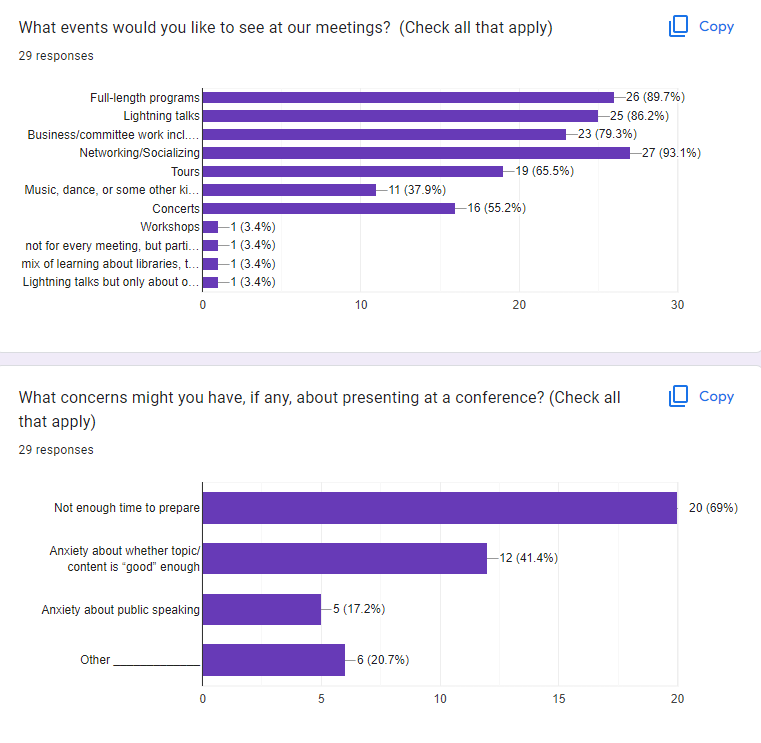
The third and last figure below (courtesy of Terry), demonstrates responses indicating how the NEMLA Program Committee can encourage and support members wanting to present at future conference meetings. There was a high response rate requesting the Program Committee to extend the timeframe members currently have to prepare their work for submission. Members also embraced the idea of setting aside some time during the day of events for brainstorming topics for sessions that motivate members to present.
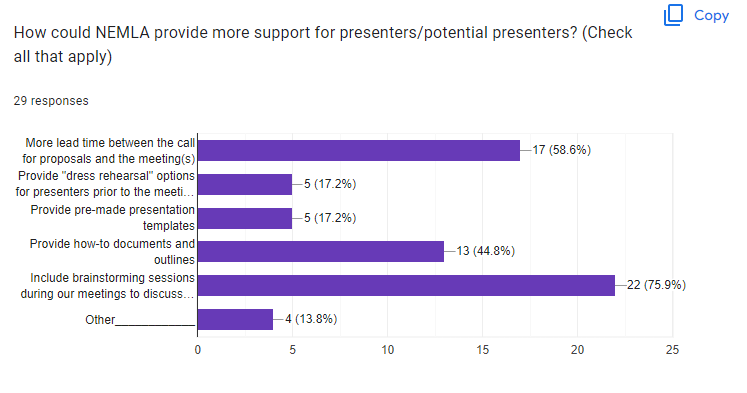
Concerns about Presenting at a NEMLA Conference Meeting
During the meeting Memory asked how peoples’ job natures have changed in the last two years during the pandemic, and how the changes affect peoples’ ability to participate in professional development opportunities and commitments. Many members chimed in to say that not only have individuals transitioned into new positions and are being acclimated to a new work and geographical environment, but also people are in the ‘getting things done’ mode within organizational change and personnel turnover. Members are also serving on hiring committees, with the aim to hire new folks to fill vacancies, which is taking up a lot of their time. With all of this said many folks feel they do not have sufficient time to prepare their presentations in a timely manner, mainly because of their demanding workloads. They are also hesitant as to whether or not the topic and material they want to present meets a suitable level of expectation worthy of proposing.
The ability to network and get together at a conference meeting is a huge part of individuals’ experience, which is currently lacking. It would not only be great to present on topics of interest to one another, but also for everyone to come together to discuss what is going on at other institutions. Members are not feeling as motivated to present now, because they have lost the ability to collaborate with others in person. Reuniting to bounce ideas off each other is a great way to bring potential presentation topics to the forefront and feel validating doing so, given the fact that NEMLA as a community has been disconnected for so long.
Ways to Support Individuals in Presenting
Memory suggested that perhaps presentation work distribute among the membership, where members could identify trends in jobs over the past year. The survey results indicate that a separate meeting or a session built into the fall meeting could include a brainstorming session for folks to get together to come up with potential ideas to turn into a presentation for a future conference meeting. Additionally, the Program Committee would be responsible for making sure that all committee chairs could be present at this meeting to facilitate ideas. This would take the pressure off individual members, as well as a new incoming Programming Chair just starting the position, who would not feel all alone in the process in its entirety. There is also a lack of clarity on the proposal process, as demonstrated by the survey results. This partially plays into why folks do not feel well prepared to produce presentation content. Perhaps folks feel the proposal process is too overwhelming. During the meeting, Terry came up with an idea for a proposal method to help reduce peoples’ anxiety. The Program Committee would create and email the membership a 3-question form, and then work with individuals who submitted the form, on their ideas to make them presentation-ready.
Another possibility for supporting members in presenting is creating a mentorship program. Members could assign as individual mentors or within small cohorts, and be paired with members who have little to no experience presenting at a conference. Great candidates to serve as mentors are folks who have a lot of experience presenting, as well as past programming chairs. One idea for generating a mentorship program is putting out a call for volunteers via the NEMLA listserv or even the NEMLA newsletter. The call for volunteers would be asking for both mentors as well as mentees to participate in the program. No pressure or commitment to be a part of this program would be necessary; the initial idea is to see if anyone in the membership would find a mentorship program interesting and beneficial.
Ways to Generate Prospective Programming Ideas
The participants in November 4th’s community meeting discovered an abundance of ideas to develop program content for future conference meetings. The idea of working with library students and co-presenting on a presentation to highlight the students’ work came up. Library students can become more comfortable with presenting and provide a fresh perspective to the membership and the field of music librarianship overall. Terry mentioned he would like to get a list of new NEMLA members who recently became members within the last few years. His intent is to send them a welcoming letter and put in a light word of encouragement, inviting new members to consider presenting at NEMLA in the future.
Another way to generate correspondence with new NEMLA members and welcome inclusivity is to implement member bios in the NEMLA Newsletter. Many organizations’ newsletters have a “new member’s spotlight” section, featuring interviews with individuals who recently joined the organization. Interview content often entails history of their musical and educational background, current position and projects they are working on or their student status in library school, how they became interested in music librarianship, and future aspirations as they branch out into the (music) librarianship world. The possibility of hosting a series of virtual coffee hours once a month on Zoom developed in this meeting. Virtual coffee hours entail either a discussion or a presentation revolving around a certain topic or trend in librarianship interesting to the membership. This would allow an informal, low-pressured environment for the NEMLA community to get together more regularly.
Memory derived seven presentation ideas from the meeting’s discussion; her thought being that each presentation topic links to a specific committee who would facilitate discussion for turning these ideas into actual presentations. Memory acknowledged some “natural fits” for linking presentation ideas with particular committees. The seven ideas include:
- Trends in workload since Covid
- How to serve on a search committee (link to the Equity, Diversity, Inclusion, and Justice committee)
- Coping with post-pandemic work environment
- How to be a music librarian–with a focus on popular and non-notated music
- Onboarding new staff
- How to do a conference presentation (link to the Programming Committee)
- What is it really like to serve on the NEMLA Board? (link to the Nominating Committee)
- Pathways to Music Librarianship
NEMLA Conference Meeting Structure
The second portion of the NEMLA community meeting was devoted to a discussion about the frequency and format of NEMLA conference meetings. Many members favored the two meeting format, but alternating between in-person and virtual. This meeting schedule requires an alteration to the NEMLA By-Laws. It would also be important to verify that this is the consensus of the membership and the end-result of folks changing folks’ minds, which is on the contrary from what they indicated on the pre-meeting survey. There was another thought from the membership to be as flexible as possible in terms of the by-laws in case something–-such as another pandemic–-were to affect the decision to be in person. If such were the case, the Programming Committee would need to turn the conference meeting virtual at the last minute. A final consideration is that formalizing the two meetings per year model puts a tremendous amount of stress on the board, since it is of course, a lot of work. This meeting left a lingering uncertainty about whether or not there will be a required by-laws change for the meeting structure, leaving the NEMLA board to make the final decision. The board needs to keep in mind while making this decision, what is best for the membership as a whole.
Submitted by Emily Colucci, NEMLA Member-At-Large
Circulation & Audio/Video Departments, George and Helen Ladd Library, Bates College
Noteworthy News
MLA and the Saving Ukrainian Cultural Heritage Online initiative
On October 18, 2022 the Music Library Association became a sponsor of the Saving Ukrainian Cultural Heritage Online (SUCHO) initiative. Thanks to the generosity of the MLA, we have been able to use their donation towards a larger purchase of twenty Anker 535 PowerHouse power stations that will be distributed to cultural heritage institutions in Ukraine so they can continue to digitize and scan items from their collections even during the recurring electrical outages.
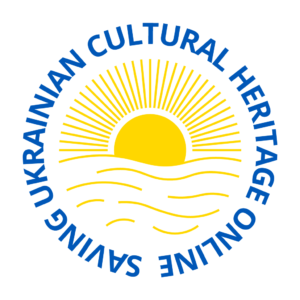
Since its launch on March 1, 2022, SUCHO has brought together over 1,500 volunteers (including MLA and IAML members!) to create high-fidelity web archives of around 5,000 Ukrainian cultural heritage websites, amassing over 50 TB of data. These websites range from national archives to local museums, from 3D tours of churches to children’s art centers. The SUCHO initiative developed soon after NEMLA and MLA member Anna Kijas put out a call on Twitter inviting people to participate in a data rescue workshop focused on digitized music collections that were at risk following the invasion of Ukraine. We were able to web archive music-related content from a variety of institutions for example, the National Folk Decorative Art Museum, whose website is no longer fully accessible, and the Vernadsky National Library of Ukraine. Since late summer, the SUCHO initiative has been working with European organizations to facilitate delivery of digitization equipment directly to Ukrainian institutions who need it so they can digitize their valuable cultural heritage collections during the war. Tax deductible donations can be made by visiting: https://www.sucho.org/#donate.
Submitted by Anna Kijas
Head, Lilly Music Library, Granoff Music Center, Tufts University
Bennett Konesni named Executive Director at Bagaduce Music
Bennett Konesni has been named Executive Director at Bagaduce Music following the retirement of Teresa Myrwang.
He most recently served as a trustee for the organization and co-chaired the Programs committee. Konesni brings a Master of Business Administration and 15 years of experience in the non-profit sector to the role. He fell in love with Music and Music Libraries as a music major at Middlebury College in Vermont.
He is familiar to many in the area, as well as in Maine and New England as a musician and performer with the Gawler Family Band and Drive Train. He has also taught at Maine Fiddle Camp and is Belfast’s resident shantyman aboard Bantry Bay Gigs and Schooners that sail along the coast of Maine in summer. Konesni has toured internationally as a cultural ambassador for the U.S. Department of State.
“I grew up on Islesboro and in Appleton, Maine, so I bring together this lifelong love and understanding of rural Maine with my professional experiences both in-state and in Vermont and New York”, shares Konesni.
Outgoing Executive Director, Teresa Myrwang, has worked closely with Konesni in his capacity on the Board of Trustees over the last couple of years and was instrumental in recruiting him to the Board. “I was initially motivated by both his youthful energy and tremendous talent when I first saw him performing with the Gawler Family Band at our Blue Hill WIntermarket; as I learned more about his tremendously experienced and varied background in the non-profit sector, I became convinced he would be a huge asset to our organization. He is very well suited to the job of Executive Director. I expect to remain involved in Bagaduce Music in a supporting Development role and Bennett and Bagaduce Music have my full support going forward.”
Konesni began his interim role on November 1 and was made full-time Executive Director on December 1. He can be reached at bennett@bagaducemusic.org.
Bagaduce Music is a not-for-profit 501(c)(3) corporation with a mission to collect, preserve and lend printed music and to promote the appreciation, knowledge, and performance of music.
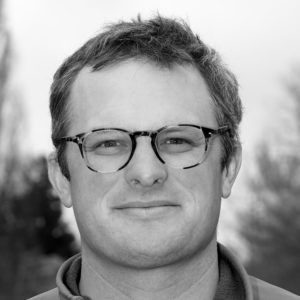
Submitted by Bennett Konesni, Bagaduce Music
NEMLA Officers
Publication Information
New England Quarter Notes is published quarterly in the fall, winter, spring, and summer.
Back issues may be accessed from:
http://nemla.musiclibraryassoc.org/resources/newsletters/
Address all correspondence concerning editorial matters to:
Jennifer Hadley
jthom at wesleyan.edu
Inquiries concerning subscription, membership and change of address should be directed to:
Carol Lubkowski
clubkows at wellesley.edu
Membership year runs July 1st to June 30th.
Regular Personal Membership:$12.00
Student and Retired Membership:$6.00
Institutional Membership$16.00
Return to the New England Music Library Association home page.
